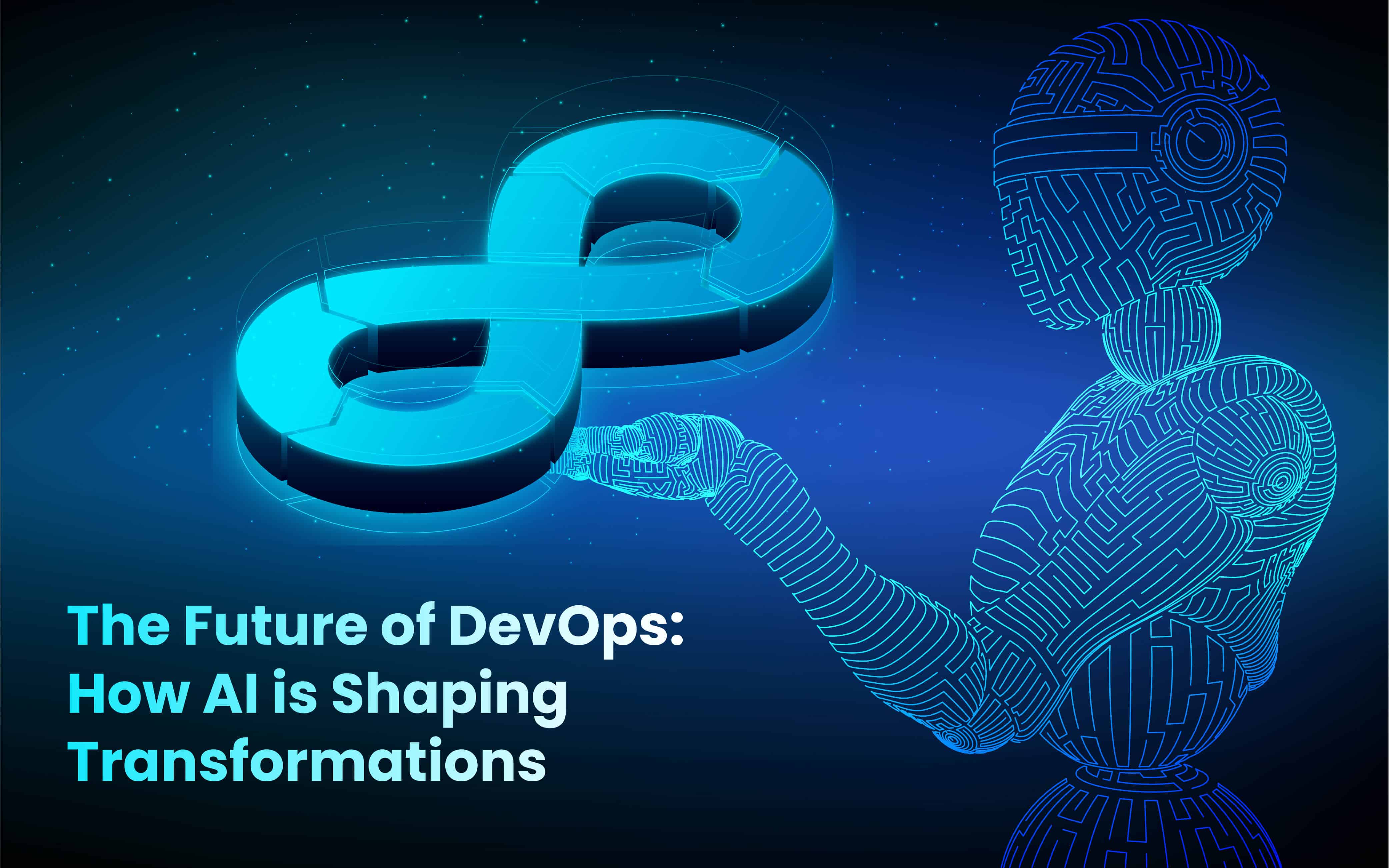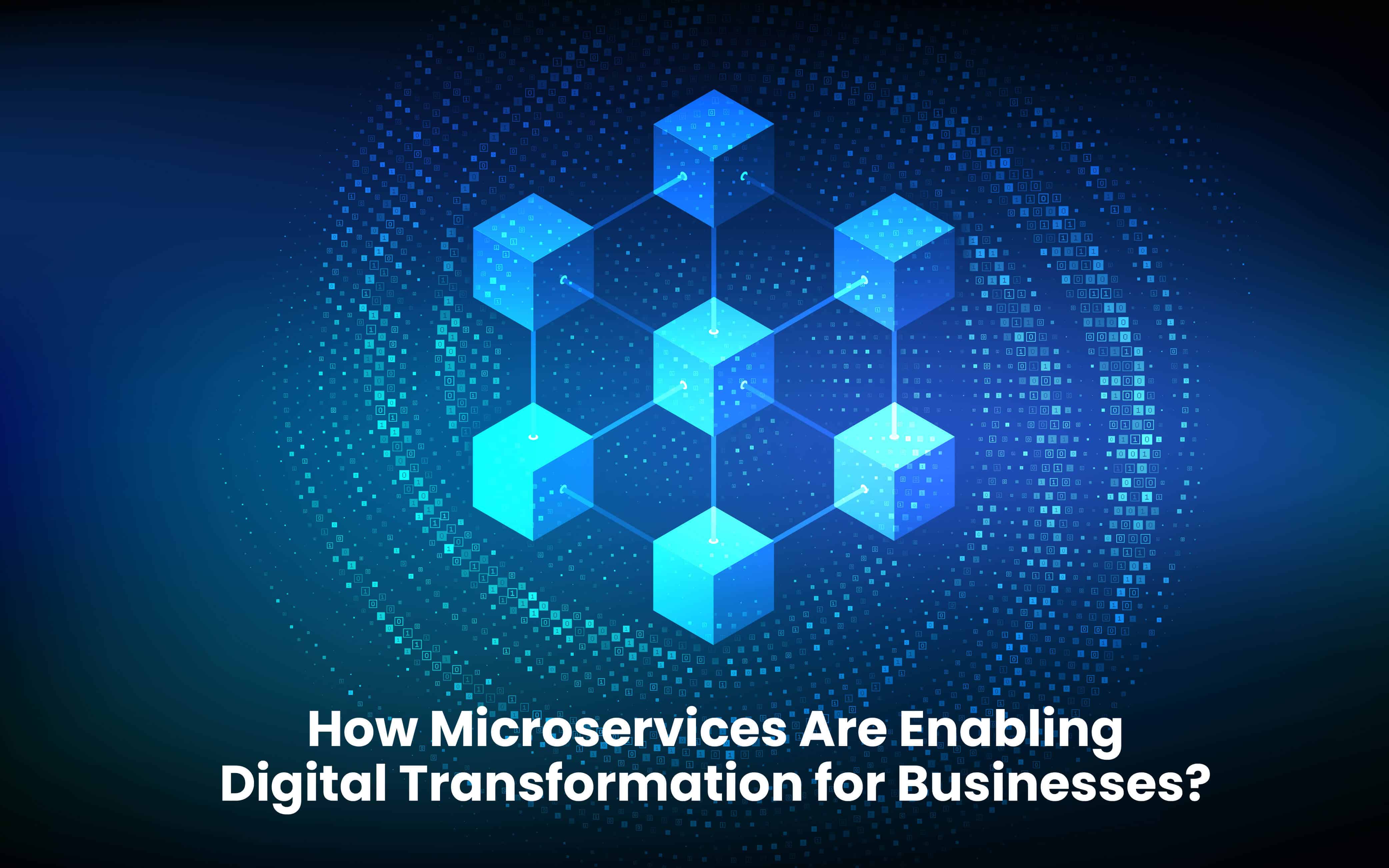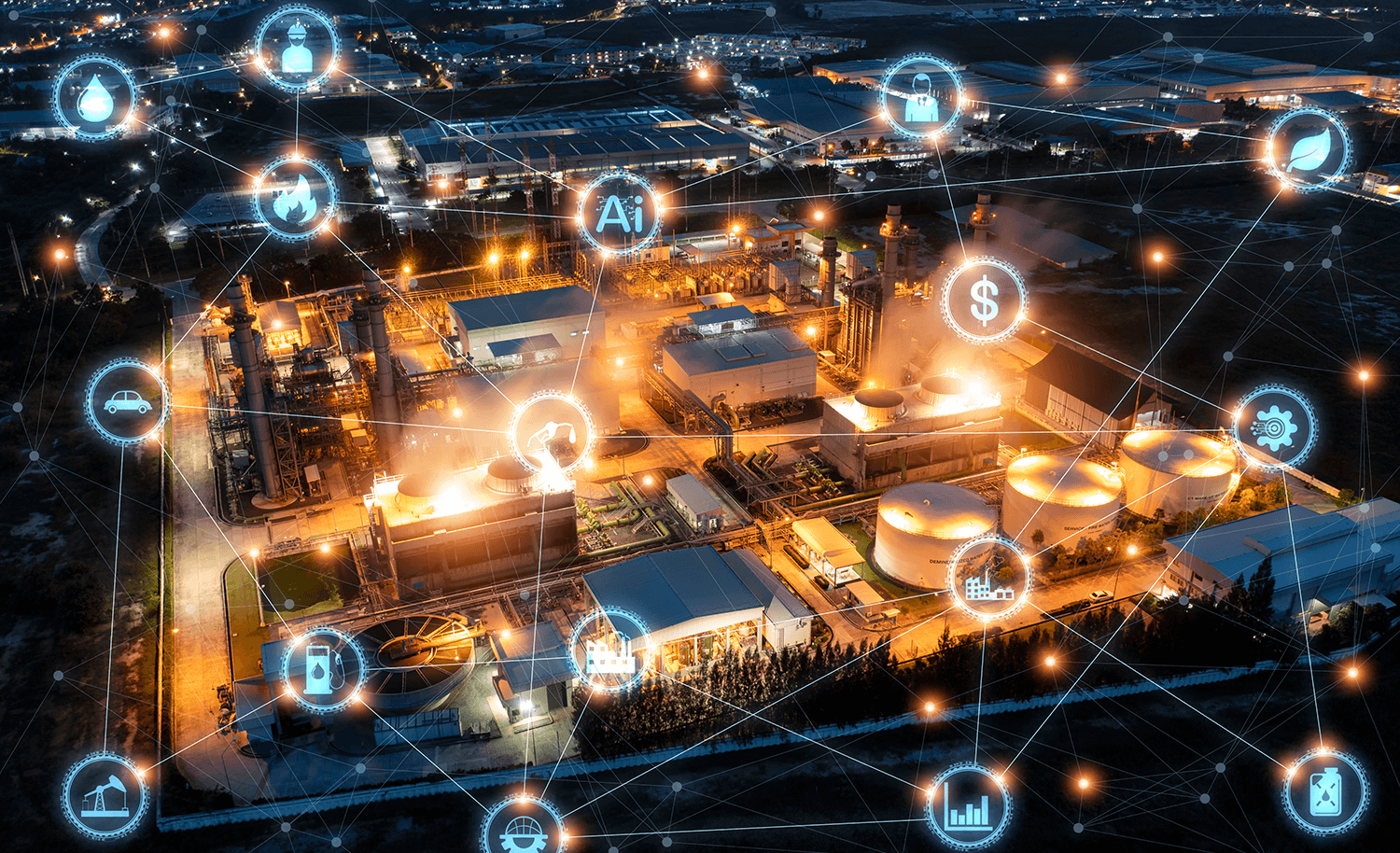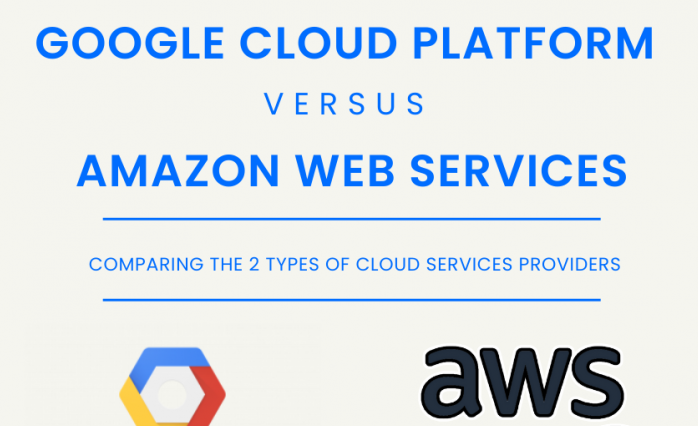Blogs
To know about all things Digitisation and Innovation read our blogs here.
DevOps
The Future of DevOps: How AI is Shaping Transformations
SID Global Solutions
15 June 2023

Introduction
DevOps has revolutionized software development by combining collaboration, automation, and continuous delivery. Now, a new player is entering the scene: artificial intelligence (AI). In this comprehensive guide, we will explore how AI is transforming the future of DevOps. By harnessing the power of AI, organizations can improve efficiency, reduce errors, and drive innovation throughout the software development lifecycle. Join us as we delve into the exciting possibilities that lie ahead.
Also Read: How does DevOps help in improving the Software Development Lifecycle?
Understanding the Current State of DevOps
DevOps is a software development approach that emphasizes collaboration, communication, and automation between development, operations, and other stakeholders. It aims to break down silos, accelerate software delivery, and improve overall quality. However, despite the widespread recognition of its benefits, many organizations still face challenges in fully adopting DevOps. These challenges include cultural resistance, lack of standardized processes, and legacy infrastructure that hinders the agility and efficiency required for successful DevOps implementation. Organizations need to address these barriers and foster a culture of collaboration and continuous improvement.
The Rise of AI in DevOps
Artificial Intelligence (AI) has gained significant traction across various industries, and its impact on DevOps is becoming increasingly apparent. AI technologies, such as machine learning, natural language processing, and predictive analytics, are revolutionizing how DevOps teams operate. By leveraging AI, organizations can automate repetitive tasks, gain insights from large volumes of data, and make data-driven decisions. AI-powered tools and algorithms enable intelligent automation, anomaly detection, and predictive capabilities, augmenting the capabilities of DevOps teams and driving transformative changes.
How AI is Transforming DevOps?
- Requirements Gathering and Planning: AI-powered analytics can analyze historical data, customer feedback, and market trends to provide valuable insights for requirements prioritization, resource allocation, and project planning. This helps optimize development efforts, reduce waste, and align software delivery with business goals.
- Continuous Integration and Continuous Deployment (CI/CD): AI-driven automation tools enhance CI/CD pipelines by automating build processes, running tests, and deploying applications. Machine learning algorithms can identify patterns in code changes, predict potential issues, and optimize the deployment pipeline for faster and more reliable software releases.
- Monitoring and Incident Management: AI enables intelligent monitoring by analyzing log files, system metrics, and performance data in real-time. Machine learning algorithms can identify anomalies, predict failures, and trigger automated responses, allowing for proactive incident management and minimizing downtime.
- Security and Compliance: AI strengthens security practices in DevOps by automating vulnerability scanning, analyzing code for potential risks, and facilitating security testing. AI can detect and respond to security threats in real-time, helping organizations stay compliant with regulations and industry standards.
Also Read: How to Use Kubernetes to Automate Your DevOps Pipeline?
Predictions for the Future of DevOps and AI
- Autonomous Operations: In the future, AI-driven systems will become more autonomous, capable of self-healing and self-optimization. These systems will use AI algorithms to detect and resolve issues, reducing the need for manual interventions and minimizing downtime.
- Intelligent Testing: AI will revolutionize testing practices by leveraging machine learning to generate test cases, predict failure points, and optimize test coverage. Intelligent testing tools will adapt and learn from past testing experiences, improving efficiency and effectiveness.
- Intelligent Release Management: AI algorithms will analyze historical release data, user feedback, and system metrics to make intelligent recommendations for deployment strategies. This will minimize risk, optimize resource allocation, and enhance customer satisfaction by ensuring smoother releases.
- ChatOps and Collaborative Bots: AI-powered chatbots and collaborative bots will facilitate seamless communication and collaboration among DevOps teams. These bots will provide real-time insights, automate routine tasks, and enable faster decision-making, improving team efficiency and collaboration.
Challenges and Considerations for the Future
- Ethical Implications: The adoption of AI in DevOps raises ethical concerns such as privacy, data security, algorithmic bias, and the impact on jobs. Organizations must prioritize ethical guidelines, establish transparent AI practices, and ensure fairness and accountability in AI-driven DevOps systems.
- Skillset Requirements: Successful AI adoption in DevOps requires a combination of technical expertise, domain knowledge, and AI literacy. Organizations need to invest in upskilling and reskilling their workforce to effectively leverage AI technologies and navigate the evolving landscape.
- Data Management and Governance: AI-powered DevOps heavily relies on quality data. Organizations must establish robust data management practices, ensuring data integrity, privacy, and compliance with data protection regulations.
Also Read: How AIOps and DevOps Enable Successful Digital Transformation?
Steps for Embracing AI in DevOps
- Define Your Vision: Clearly define the outcomes and benefits you aim to achieve by integrating AI into your DevOps practices. Establish a clear roadmap and align it with your business goals and objectives.
- Start Small and Iterate: Begin with small pilot projects to gain experience and build confidence in AI-driven DevOps practices. Start with low-risk areas and gradually scale up as you learn from each iteration and demonstrate success.
- Invest in AI Expertise: Develop a team with AI expertise, including data scientists, machine learning engineers, and AI architects. Collaborate with cross-functional teams to foster a culture of learning and innovation, and ensure that the right skills are available to drive AI-powered DevOps initiatives.
- Leverage AI-Powered Tools and Platforms: Explore and evaluate AI-driven DevOps tools and platforms available in the market. Consider their capabilities, compatibility with existing infrastructure, scalability, and vendor support to choose the right solutions that align with your organization’s requirements and objectives.
Conclusion
The future of DevOps is deeply intertwined with the transformative potential of AI. By understanding the current state of DevOps, embracing AI technologies, and addressing associated challenges, organizations can shape a future where DevOps practices are enhanced by AI-driven automation, intelligent decision-making, and proactive problem-solving. The successful integration of AI in DevOps has the potential to unlock unprecedented opportunities for organizations to accelerate software delivery, improve quality, and drive innovation. Embrace the exciting possibilities and leverage AI to shape the future of DevOps in your organization.









